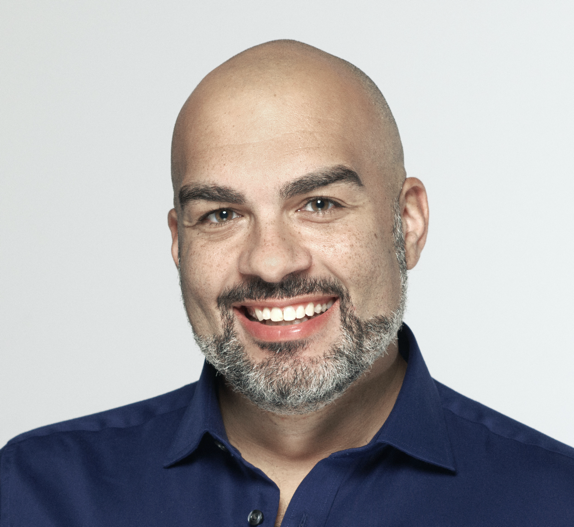
When AIDS was first recognized in the early 1980s, San Francisco quickly emerged as an epicenter. Forty years later, San Francisco is at the center of another health crisis affected gay/bisexual men – MPV. Although San Francisco accounts for less than 0.3% of the U.S. population, its 723 cases make up 3.6% of all people nationwide who have been diagnosed with MPV.
San Francisco AIDS Foundation (SFAF) was one of the nation’s first community-based AIDS service organizations. For SFAF’s staff and community supporters, the emergence of MPV and the country’s failure to respond to it effectively have raised uncomfortable and infuriating reminders of the earliest days of AIDS.
“This moment is unacceptable and it was preventable,” says SFAF Executive Director Tyler Termeer. “We as a country have had more than 40 years of the HIV epidemic to learn how to effectively respond to a public health crisis in a culturally affirming way. We’ve had the last several years of COVID-19 to understand how to effectively scale up testing, treatments and vaccines. And yet it took far too long for the federal government to respond [to MPV] in an effective way. It was something like 78 days from the first [MPV] case and the declaration of a national emergency. During those 78 days, we had members of our community who were experiencing real pain. This is going to have a lasting impact on LGBTQ lives.”
The MPV crisis hit less than three months after Tyler became SFAF’s new executive director. SFAF quickly moved to prioritize MPV in SFAF’s work, training the SFAF workforce, holding virtual town hall meetings (which have drawn up to 800 community participants), and activating its community advocacy network to pressure the federal government. During the earliest days of AIDS, SFAF’s first service was an informational hotline for the community, and it revived this legacy by creating an MPV hotline to answer community questions. “Our call volume at our sexual health clinic started ringing off the hook,” Tyler says. “People were calling with questions and concerns and very real fear. The first day after we launched our hotline, we received over 500 phone calls, and we’ve been receiving hundreds ever since.”
When SFAF offered MPV vaccination at its sexual health clinic, the organization experienced first-hand the dysfunction of the national response. “We finally started receiving doses of vaccine on June 30 but to my surprise we only received 90 doses. It raised all kinds of alarms for us. We knew we needed more than 6000 doses for our PrEP population and others at risk.” At one point, the waiting list for vaccination at SFAF’s sexual health clinic exceeded 10,000 people. SFAF also began offering TPOXX to treat people diagnosed with MPV, helping individuals navigate the complicated rules around accessing the drug.
Tyler believes San Francisco has done a better job than some other cities in promoting equitable access to MPV vaccination, but he says there is still considerable work to do. “Where we have seen slower [vaccine] uptake is in communities that culturally may not have the same relationship with sexual health [as many SFAF clients] or may not be comfortable talking about their LGBTQ status,” Tyler says. SFAF has partnered with organizations led by Black, Latinx, trans and non-binary people to create community events, including some that aren’t specifically branded as focused on MPV or LTBTQ sexual health, as well as pop-up clinics. SFAF has worked with partners to translate MPV materials into Spanish, and the organization also held a dedicated virtual town hall on MPV in Spanish.